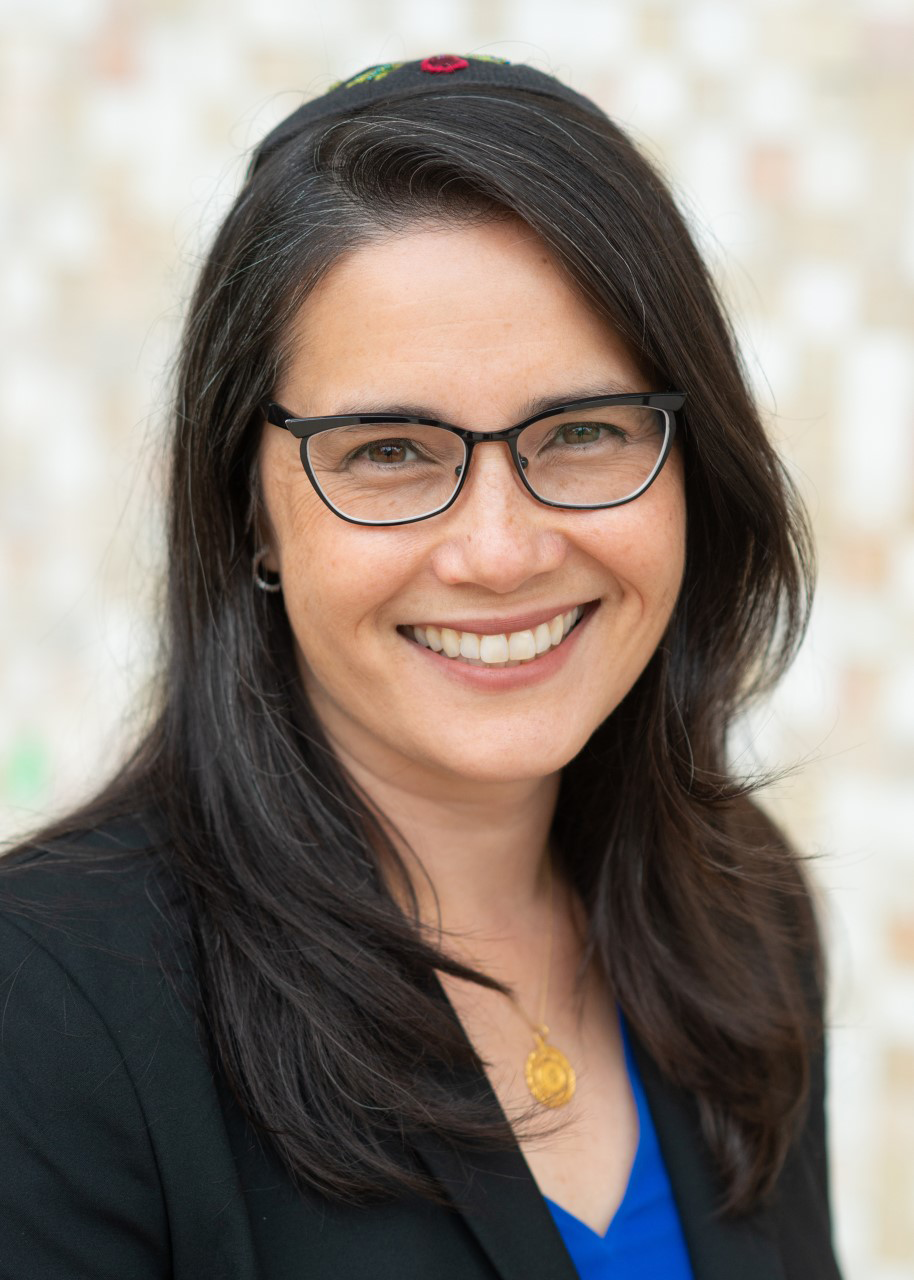Have you ever had someone tell you, "You should be happy!"? Did it work? Were you instantaneously happier because someone commanded you to be so? Likely, your answer is, "no."
Emotions are difficult to command. And it is very possible that the commander knew that they couldn't effectively make you feel something. Yet, perhaps they were trying to point out that, if you look at a situation from a different angle, a new understanding might spark joyful feelings.
That may well be what the Torah is trying to do when it commands us to be happy during Sukkot. This week, we read a special portion from the book of Exodus for the holiday of Sukkot that explains, "You shall observe… the Feast of Ingathering at the turn of the year." (Exodus 34:22) Elsewhere, in the book of Deuteronomy, Torah expands on this injunction and tells us:
"After the ingathering from your threshing floor and your vat, you shall hold the Feast of Booths for seven days. You shall rejoice in your festival...you shall have nothing but joy." (Deut. 16:13-15)
Why are we commanded to feel joy? What is the perspective the Torah is trying to show us?
Sukkot is a unique holiday in that it represents closure on a number of levels. It is the only one of the three festival holidays throughout the year focused purely on thanksgiving. In all three cases, Pesach, Shavuot, and Sukkot, it was customary to make a pilgrimage to Jerusalem to bring an offering from one's agricultural or pastoral yield. Passover is the beginning of the planting period; Shavuot is the beginning of the wheat harvest. In both cases, the sacrifices were in gratitude with the hope that the season would be plentiful.
Sukkot, however, is purely about gratitude. Everything has been brought in. Sukkot is the holiday of joy because it marks the completion of the work. Maybe it was a successful year, maybe not, but either way, there is no longer anything we can do to affect the result. Certainly, we should learn from the process that has passed, but for the moment, there is no longer anything we can control about the year that was. And, as we enter the colder months, we are not yet ready to prepare for the year that is to come. The agricultural year is over, so Torah urges us to feel content and joyful simply because it is the end of the cycle.
Sukkot also marks the end of the Torah reading cycle. We have traveled successfully from the creation of the universe through Egypt and the wilderness to stand on the brink of entering the Promised Land. As soon as Sukkot ends, we celebrate Simchat Torah, when we begin the new cycle of our reading of Torah. There is joy to be found in that sense of completion as we look to the beginning of the new round of weekly Torah portions.
Sukkot is also significant in its placement among the High Holidays. During Rosh Hashanah and Yom Kippur, our focus has been reflection on the past and intentionality for the future. We have explored the ways we have missed the mark and resolved to do better in the new year. The focus has been on change. Hopefully, we have engaged in repentance, sought forgiveness from those whom we have harmed, and come to terms with our past actions. When we reach Sukkot, the intensity of that work is done. To dwell on it means spending our mental and emotional energy on something we can no longer change. If we are not careful, we can continue the practice of beating our chests throughout the year, regretting our misdeeds and our past. Sukkot reminds us to let go of that over which we have no power and to rejoice in that which is before us.
Most of the year, we are focused on what needs to be done and what we can change, either in our work, life, or within ourselves. Sukkot urges us to live in the moment. We are not to dwell on the past or concern ourselves with preparing for the future, but to see what is now and find the joy in it. Sukkot offers us the perspective to balance our focus on what we can control with our releasing of what we cannot.
So, enjoy the moment. Gather with family, friends, co-workers, and members of your community. Appreciate what you have and find contentment in reaching the end of yet another yearly cycle. If we take advantage of this time that Sukkot offers us, we may feel nothing but joy.


